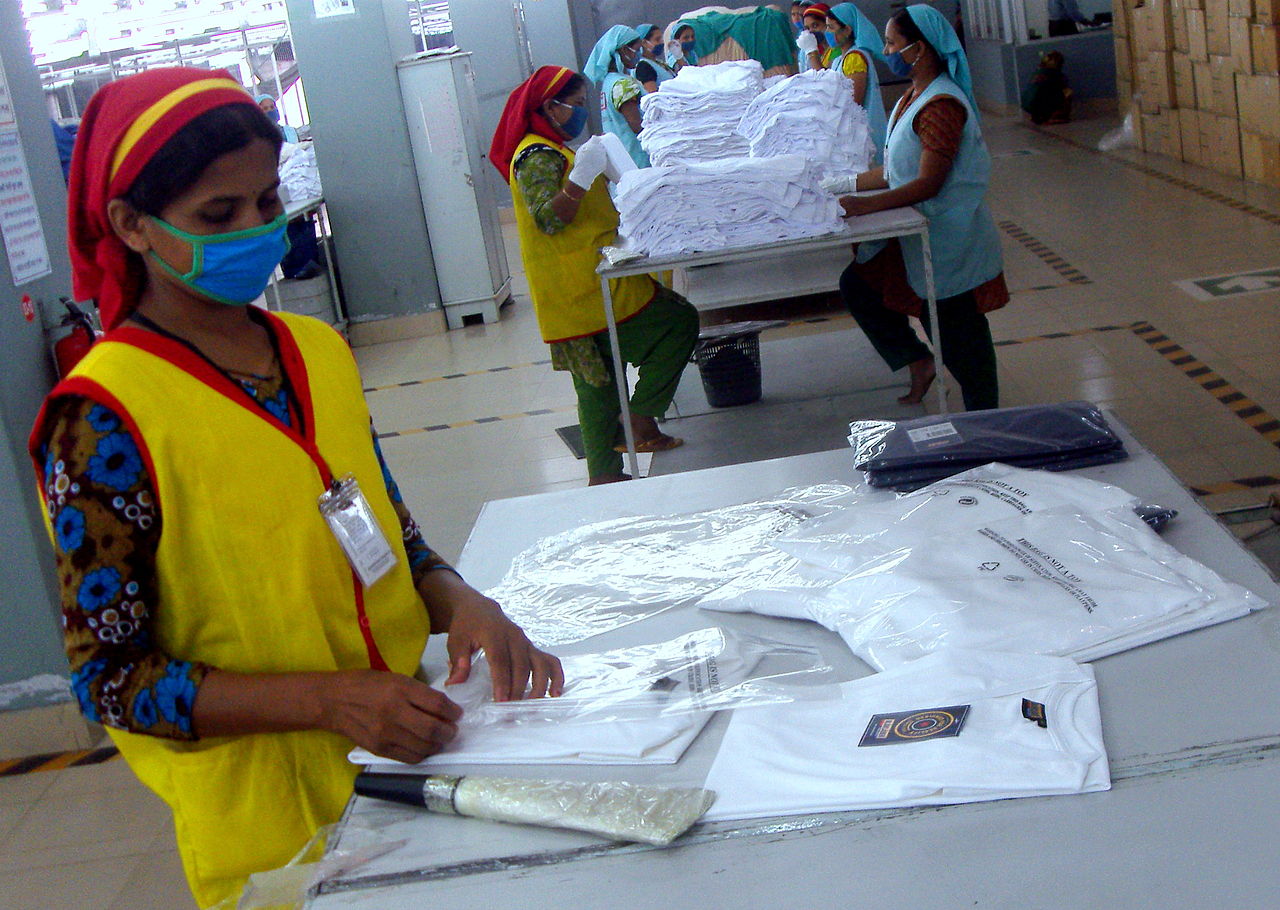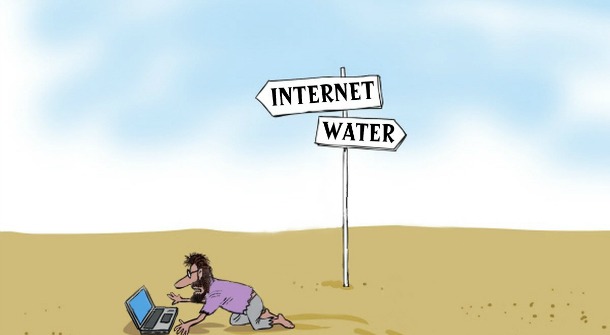
One of the extremely important developments that the ongoing pandemic has brought about is regarding its potential to invisibilise women’s issues further. This implies that there is an urgent need to revive the gender discourse so that it enables us to chart out ways towards a more women-friendly COVID-19 response that does not allow for the achievements made in the fields of health, education and women’s rights to fade away amid the pandemic.
In a highly unequal and gendered society like India, any kind of development in the fields of women’s education, health and access to basic rights is a struggle against patriarchal odds and gender inequalities. The arrival of the coronavirus pandemic has threatened the achievements of the nation as far as these domains are concerned and given a greater push to the process of the invisibilisation of women.
Coronavirus and the Universalising Potential of the Pandemic
It wouldn’t be wrong to say that the coronavirus pandemic has shown the potential to affect people and cut across all sections of people, but what also cannot be denied is the fact that while we all may be facing the same storm, the boats in which we are sailing are worlds apart.
This implies that the hierarchies in Indian society whether it is caste, gender or class have come to determine even the challenges that different sections of the population face amidst the pandemic. What is further interesting to note is that instead of uniting people in times of crisis, the coronavirus pandemic has even further strengthened the inequalities and hierarchies with regard to gender.
In a country like India, gender inequality begins from the moment a woman knows that she has conceived. Sex-selective abortions are the first step to draw the divisive line between men and women and this follows through various social institutions of religion, caste and marriage via regressive social norms and practices.
This gender inequality implies that women’s contributions to the economy also go unrecognised and it is for this reason, that women have to bear the extra brunt of the pandemic even as they often double up as nurturers at home and care givers in the health sector.
India has more than 900,00o accredited social health activists working at the frontline of the COVID-19 crisis management, working despite extensive risks to their health and wellbeing and despite extremely low compensation levels.
The Pandemic is Making India’s Women Highly Invisible
The pandemic threatens women’s existence in many ways and makes them invisible in the greater public discourse.
The pandemic holds the risk of invisibilising women further and suppressing their concerns and needs.
The government has so far announced and extended a support of Rs 1,500 to more than 2oo million women across the past three months holding Jan Dhan accounts. It has also promised the beneficiaries of the Ujjwala Scheme that it will reimburse the cost of cylinders for them for the period of April-June.
But even this is not enough to help the millions of Indian women who have been adversely impacted in the pandemic.
One of the important challenges facing them is regarding the hardships of accessing banking services as well as the availability of cash amid women, especially women from the extremely poor and marginalised sections of the populace.
The loss of livelihoods and economic opportunities has unleashed an ocean of problems and issues for these women and put their lives to risk at an unprecedented level.
The lack of jobs will surely bring about further disadvantage for the women workforce. More than 90% of women who are employed, work in the informal sector .
Furthermore the already low workforce participation rate of women in India which is a meagre 23% is likely to further decline because of the coronavirus pandemic.
It is not just the economic prospect of women which is endangered by the pandemic, even women’s bodily and mental wellbeing has been risked due to the pandemic.
But as the lockdown is being eased, it is important for the government to categorise all services catering to women’s reproductive health as “essential” and the violence being perpetrated on women in abusive homes must be seen as an emergency that needs urgent attention.
Increased Domestic Violence Against Women: A Clarion Call Amid the Pandemic
Cases of violence and abuse of women have been reported in large numbers ever since the lockdown began. The National Commission for Women has been recording growing cases of violence against women and has noted that this trend has only been worsening over the last two moths of the lockdown.
The numbers that are being reported, point to the tip of the iceberg but we must acknowledge the fact that not all women report violence due to fear of negative implications and only a handful of women resort to seeking external help when in crisis.
Most cases of violence go unreported due to the fear or shame that is ingrained in the minds of women in dominant Indian cultural norms. The lockdown and the resultant financial stress that families are experiencing in these times, has created the right environment for women to be abused in homes by their male counterparts.
There is a heightened need for the government to become proactive and take the help of civil society bodies to disseminate information and awareness against women’s abuse and prevent it in the future.
This calls for constructing a stronger gender sensitivity and perspective that doesn’t let women’s health, wellbeing, education and women’s rights be taken away by the storm of the pandemic and work towards extended networks that allow for society to be more women-friendly.
This is the time when women are experiencing economic, emotional, social and physical strains and it is sad that the coronavirus lockdown reminds us of the need for a strong and efficient socio- institutional and structural approach to fight the injustice against women, so that both the workspace and the home become conducive for women.













